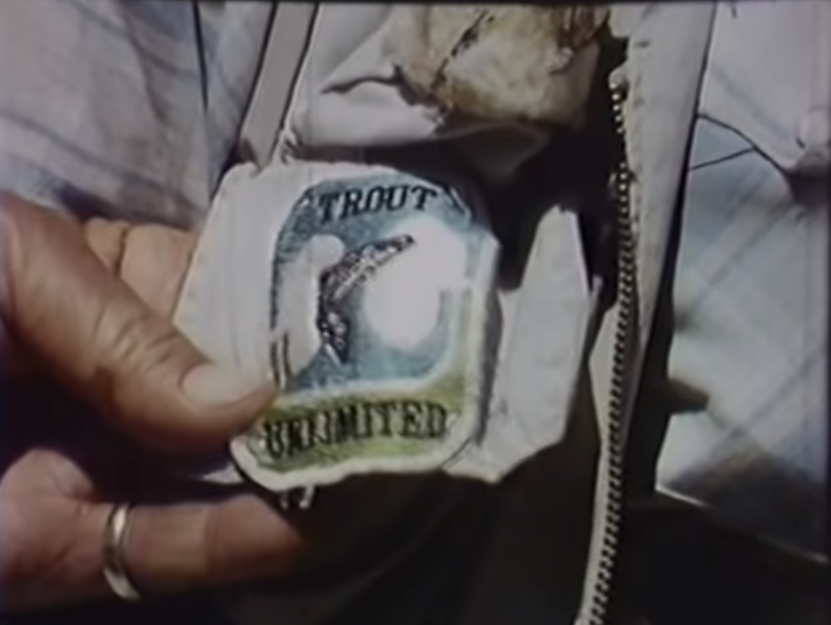The mission is the same more than 50 years later
Trout Unlimited was all of nine years old when broadcasting legend Curt Gowdy took to the Snake River near Jackson Hole, Wyo., with comedian and singer/songwriter Phil Harris for a 1968 episode of The American Sportsman. The guy on the sticks who guided the affable pair down the river? A very young Jack Dennis.
Many of you won’t recognize Harris, who died in 1995 after a long and brilliant Hollywood career, but you might recognize his voice. He played the voice of Baloo, the big bear, in the first animated version of the Jungle Book that hit the big screen in 1967. He also spent many a night entertaining Americans on the Jack Benny Show.
In the episode above, you’ll likely perceive the American icon to be a bit off-color, quite politically incorrect, but just as excited as Gowdy is to reel in big Snake River fine-spotted cutthroats from the emerald green waters of the their namesake river. And, yes, I cringed at the final scenes where the group of anglers enjoyed the day’s catch over a campfire (today, thankfully, harvesting native trout from the Snake is no longer allowed through the winter and spring, and only a single fish, 12 inches or longer, can be harvested during the summer months).
Note, too, Gowdy’s description of the then-fledgling TU (he served on our board of directors at the time). TU exists “most of all, to keep the waters cold and clean. Trout can’t survive without cold, clean water,” Gowdy explains to Harris. (Gowdy, of course, has a TU chapter named after him in Wyoming.)
The more things change, the more they stay the same.
And then there’s a bright-eyed Jack Dennis, who went on to become an icon in his own right—for decades, he was synonymous with fly fishing in Jackson Hole, and he’s still an active and vibrant voice for fly fishing and conservation.
It was fun to see the the canyon stretch of the Snake as it was half a century ago (thankfully, it’s not all that different today, save for the likelihood that there would be a lot more boat traffic on the water). As the trio spotted a golden eagle riding thermals high above the canyon, Dennis noted how rare these birds were. It’s evidence of a true environmental success story—eagles, both bald and golden, are much more common along the river today, thanks the the ban on DDT, which kicked in in 1972, four years after this episode hit the airwaves. So, too, are great blue herons—Dennis identifies heron tracks for Gowdy and Harris in the riverside mud and explains that big birds were near extinction at the time of broadcast. Herons are quite common anymore.
It’s a reminder that conservation efforts can work if we can demonstrate some commitment to protecting and restoring the places we love. It’s also a testament to the impact that TU has had on our coldwater fisheries for more than 60 years. To be a part of the next 60 years, just click the button below.



